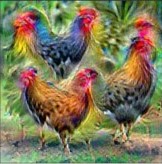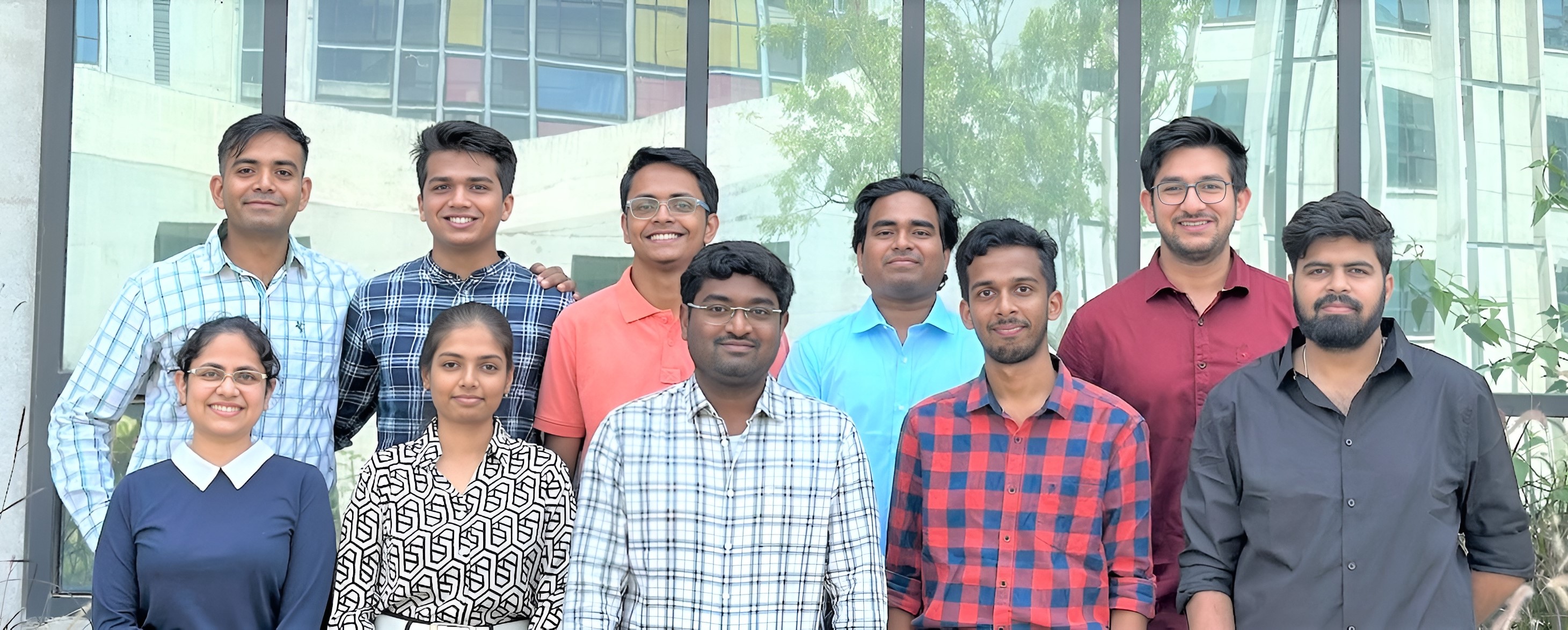News
- Feb 2026: Paper accepted on Dataset Distillation accepted in CVPR 2026. Congratulations to my collaborators from IISc.
- Nov 2025: Paper accepted on Diversity-promoting regularizer for Dataset Condensation at WACV 2026. Congrats Saumyaranjan and Dr. Aravind!
- Sep 2025: Paper titled
DermaCon-IN: A Multiconcept-Annotated Dermatological Image Dataset of Indian Skin Disorders for Clinical AI Research has been accepted at NeurIPS 2025 (Datasets and Benchmarks track).
- Sep 2025: Paperaccepted in TMLR on Coreset-driven Relabeling. Congrats Saumyaranjan!
- Apr 2025: Paper accepted in TMLR on Coresets for efficient Deep Learning. Congrats Saumya and Anudeep!
- Apr 2025: Paper accepted on Alzheimer’s Disease Detection via inducing domain priors in ViTs" accepted in XAI4CV2025 workshop at CVPR 2025.
- Mar 2025: Paper accepted on Machine Unlearning in T2I Diffusion Models at CVPR 2025. Congrats Naveen!
- Feb 2025: Interview in Sakshi Education (Telugu) about a career in AI and other related matters.
- Dec 2024: Paper accepted in TMLR on fairness via meta learning. Congrats Nikita!
- Dec 2024: Paper accepted in ICVGIP-24. Congrats, Sayanta and Rishav!
- Feb 2023: Paper accepted at the CVPR 2023.
|
People
- Saumyaranjan Mohanty - Ph.D. (External registration from the DRDO)
- Madhumitha V - Ph.D. (TCS fellow)
- Harsh Udai - Ph.D. (C-DOT STAR Scholar) (co-advising with Prof. Vineeth Balasubramanian)
- Shanawaj Madarkar - Ph.D. (External registrationo from the Indian Navy
- Naveen George - M.Tech (3Y)
- Sunayna Padhye - M.Tech (3Y)
- Rishik Vempati - M. Tech (3Y)
- Debanjan Das - M. Tech (3Y)
- Eswar Venkata Sai Kadava - MTech (2Y)
- Arpit Gupta - MTech (2Y)
Alumni can be found here.
|
|
Research
Following is an approximate clustering and labeling of the research (click on the label to find relevant research).
|

|
Long-Tailed Training Data
Real-world datasets suffer skewed label frequency distribution, generally with a long-tail. Models trained on such data generalize poorly. We aim to
contribute effective solutions to alleviate the adverse effects casued by class imbalance in the training data.
|

|
Data Engineering for Deep Learning
While the heaps of digital data surely serve the data hungry deep learning, it comes with a set of new challenges (e.g., data redundancy, complexity of training, etc.). We aim to investigate engineering solutions to these data and learning related challenges.
|

|
Robustness
DNNs are vulnerable to adversarial samples that are a dangerous threat for deploying these models in practice. Therefore, the effect of adversarial perturbations warrants
the need for in depth analysis of this subject.
|

|
Adaptability
Deep Learning has been data and resource intensive. However, real-world may challenge us with various constraints to apply these sophisticated tools.
Adapting deep learning techniques/models (e.g. knowledge transfer, domain adaptation) across tasks and to challenging environments such as low data
and data-free scenarios is of high importance.
|

|
Interpretability
NNss are complex ML systems. Because of end-to-end nature of their learning, these models suffer from lesser
decomposability and hence many of us treat them as black-boxes. We study these models in order to make their inference more human-interpretable
and explainable, and devise useful inferences and tools.
|

|
ML/AI in diverse disciplines
ML and AI are generic set of tools that can be applied to solve problems from diverse set of fields.
This is a list of projects that I had a chance to apply the ML/AI techniques in areas other than CV, NLP, and Speech. [Figure taken from teachingai.blog]
|
|
|





